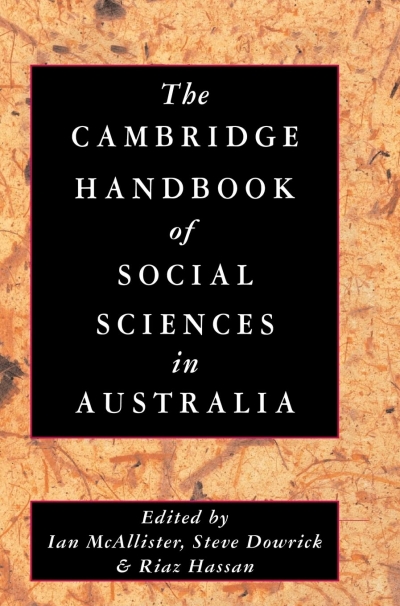In its 250 years of statehood, Afghanistan has gone through numerous episodes of political rupture. The principal causes of these upheavals have remained more or less the same: an underdeveloped economy and the inability of the rulers to shift from a tribal political culture, to a more participatory national politics based on modern and democratic national institutions and rules of governance. As a result, with rare exceptions, the rulers of Afghanistan have depended on foreign patrons and not on the human and material resources of the nation to rule. This political milieu of buying the support of tribal leaders has led to fratricidal wars of succession and pacification, with devastating consequences, resulting in extended periods of political and social unrest and lawlessness. These bloody conflicts, often called jihad by the contestants, have facilitated and even invited foreign interventions by the British, Russians, Pakistanis, Iranians, and now the Americans and their allies.
...
(read more)



